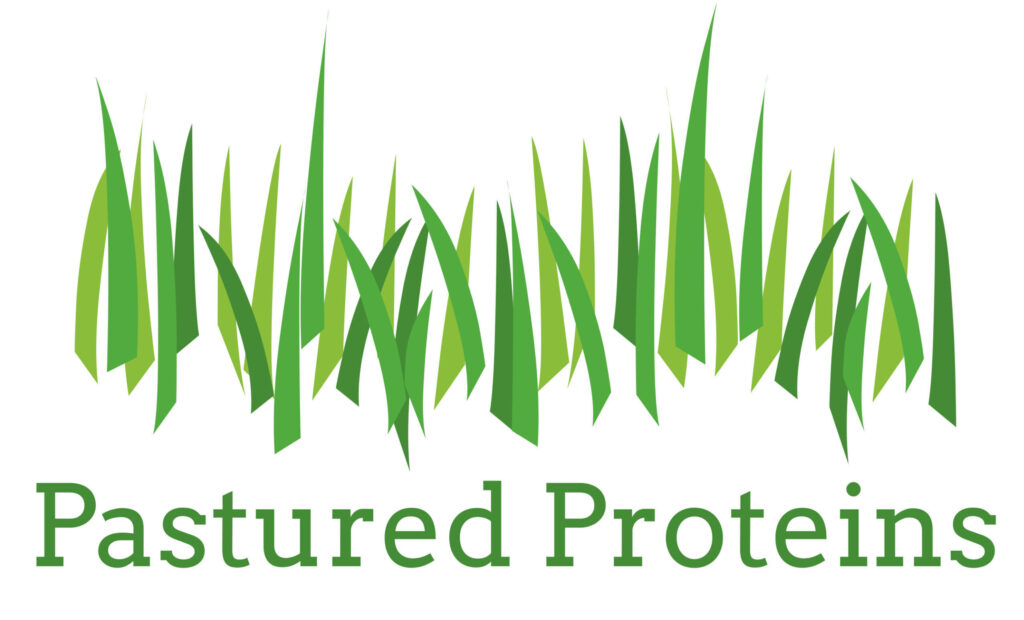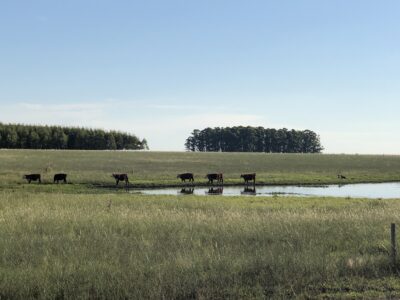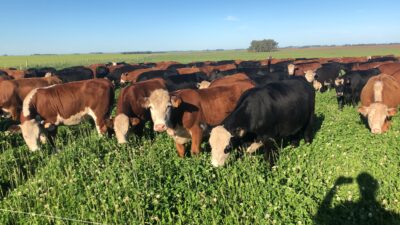Regenerative beef production represents a paradigm shift in sustainable agriculture, aimed at reversing environmental degradation while simultaneously enhancing biodiversity and carbon sequestration. Yet, the economic sustainability of these operations critically depends on the strategic utilization of offtake agreements that cover the entire carcass. These agreements are essential for balancing the financial aspects with the ecological benefits, ensuring that regenerative practices are not only environmentally sound but also economically feasible.
The Importance of Whole Carcass Utilization
Regenerative agriculture focuses on holistic management practices that restore soil health, reduce erosion, and increase land productivity. For cattle, this means grazing in a way that mimics natural ecosystems, often moving across pastures to prevent overgrazing and to promote soil recovery. The health benefits of such practices extend to the cattle as well, resulting in higher-quality beef.
However, the challenge arises in the marketability of the entire carcass. Traditional beef production often focuses on prime cuts that fetch higher prices, leaving less popular cuts less profitable. In regenerative beef production, the profitability of the entire system depends on finding markets for every part of the carcass, from premium steaks to ground beef and even offal.
The Role of Offtake Agreements
Offtake agreements are contracts between producers and buyers that stipulate the purchase of livestock outputs before the cattle are processed. These agreements are crucial for regenerative beef producers for several reasons:
- Financial Stability: By securing buyers for various cuts of beef in advance, producers can stabilize revenue streams, making it easier to plan and invest in regenerative practices.
- Waste Reduction: Comprehensive offtake agreements ensure that all parts of the carcass are used, adhering to the principles of sustainability and ethical animal usage.
- Market Expansion: These agreements open up new markets, including those that value sustainability and animal welfare, which might pay a premium for regenerative beef.
Challenges and Opportunities
The implementation of comprehensive offtake agreements is not without challenges. It requires a deep understanding of market demands and the ability to connect with buyers who share the ethos of sustainability. Additionally, there is a need for education and outreach to help consumers understand the value of lesser-known cuts and the importance of supporting regenerative practices through their purchasing decisions.
Exploring Additional Revenue Streams
To further enhance the economic viability of regenerative beef production, producers can explore additional revenue streams beyond the sale of meat. Key questions include:
- How can regenerative beef producers capitalize on the growing market for eco-friendly and ethical products?
- What alternative revenue streams can be developed from by-products such as hides, bones, and even manure?
- Can carbon credits and ecosystem services be monetized, given the positive environmental impact of regenerative practices?
- What partnerships or certifications can provide access to niche markets willing to pay a premium for sustainability?
The exploration of these avenues requires innovative thinking and proactive market engagement. It also emphasizes the need for effective communication about the benefits of regenerative practices, not only for the environment but also for the consumer and the community.
Conclusion
For regenerative beef production to be economically viable and scalable, comprehensive offtake agreements are essential. These agreements not only ensure that every part of the carcass is utilized but also support the financial stability necessary for sustainable agricultural practices. By also exploring additional revenue streams, producers can further enhance their profitability while continuing to contribute positively to environmental sustainability. As the global community continues to seek solutions for sustainable living, regenerative beef production supported by solid offtake agreements stands out as a promising path forward.





